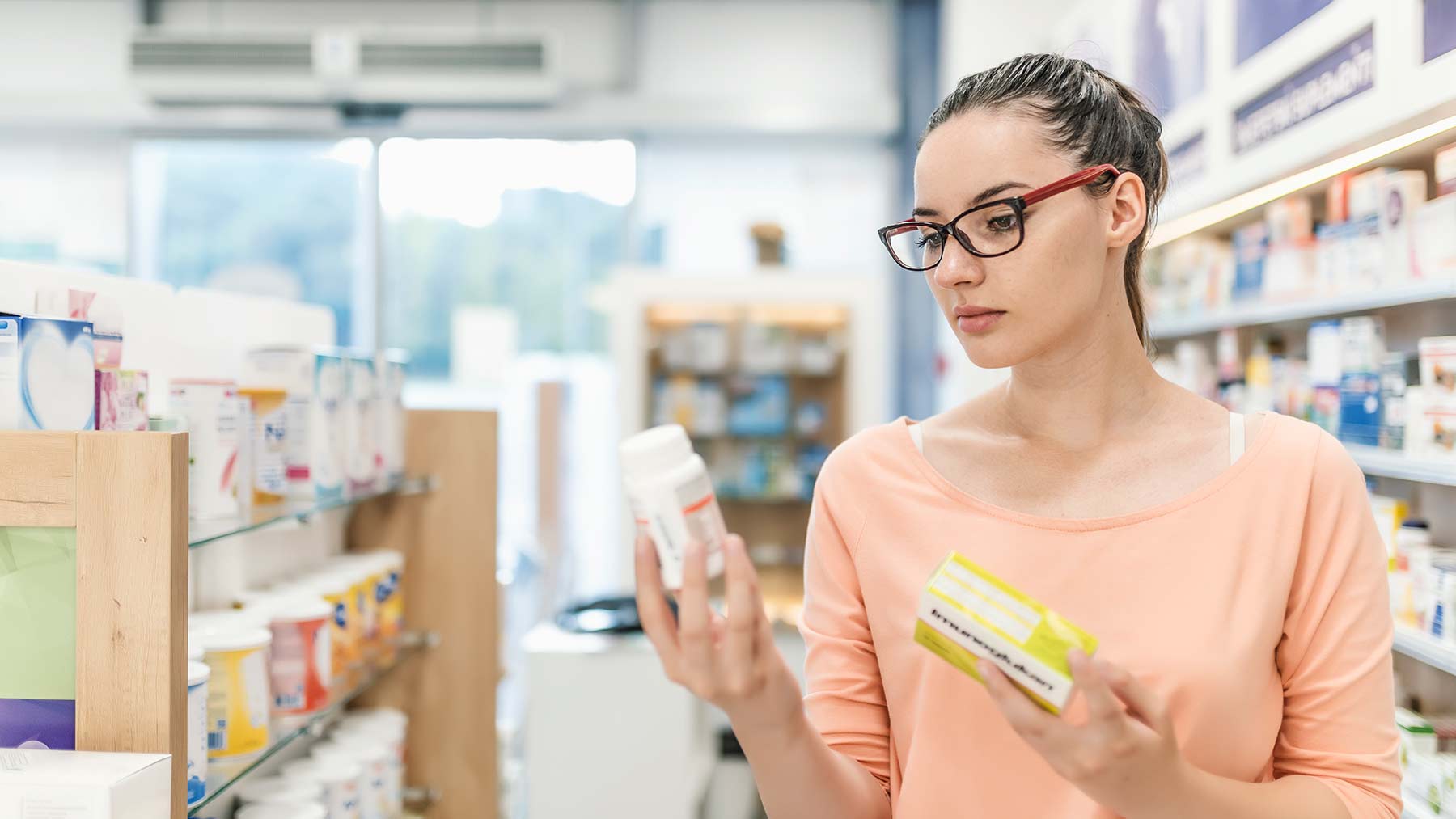Do home remedies work for yeast infections?

Yeast infections are a common issue for many people. All people have a small amount of normal yeast on their skin, and it’s healthy to have a small amount of yeast in the vulva/vagina. For reasons we still don’t know, a change can occur so that the yeast overgrows, causing itching, burning and vaginal discharge.
Since it’s such an uncomfortable problem to have, you may feel tempted to try home remedies as a quick fix. Here are a few things to consider before trying any at-home solutions.
Do home remedies work?
No, home remedies don’t work for most women, although they may be helpful for some. Home remedies could make the situation worse, with increased itching, burning or discharge.
Some yeast infections will get better with time without any treatment at all, but most yeast infections will persist without treatment.
What should you do instead?
You can either see your healthcare provider or try over-the-counter medicine, like Monistat. It’s best to use the three-day or seven-day varieties, since the one-day Monistat can be very irritating to some patients. Overall, an oral pill or vaginal/vulvar creams and/or suppositories are the treatment options.
If the symptoms don't get better in one week, you may have a different problem that needs to be addressed by your healthcare provider. Other conditions can mimic the symptoms of vaginal itching or discharge, so it’s important to see your doctor for a pelvic exam if yeast infections don't go away after treatment with over-the-counter medicine or if you have more than four yeast infections per year.
How can you avoid getting yeast infections?
Sometimes yeast infections happen for no good reason; other times, they can be set off by certain activities. Everybody’s different, so what works for one person may not work for others.
Generally, if you’re prone to getting yeast infections, you should try to avoid hot tubs, tight underwear (particularly materials other than cotton), prolonged exposure to increased moisture with wet bathing suits or sweaty workout clothes, scented laundry detergents/fabric softeners, scented soaps, douching and vigorous cleaning of the vulva/vagina (particularly with wash rags or loofah sponges).
Yeast infections can be more common for those with diabetes, immune system problems or other chronic health issues. For some people, improving their current chronic medical conditions will help to avoid yeast infections. For example, optimizing diabetes care can be helpful.
Brett Worly is an obstetrician and gynecologist at The Ohio State University Wexner Medical Center.




